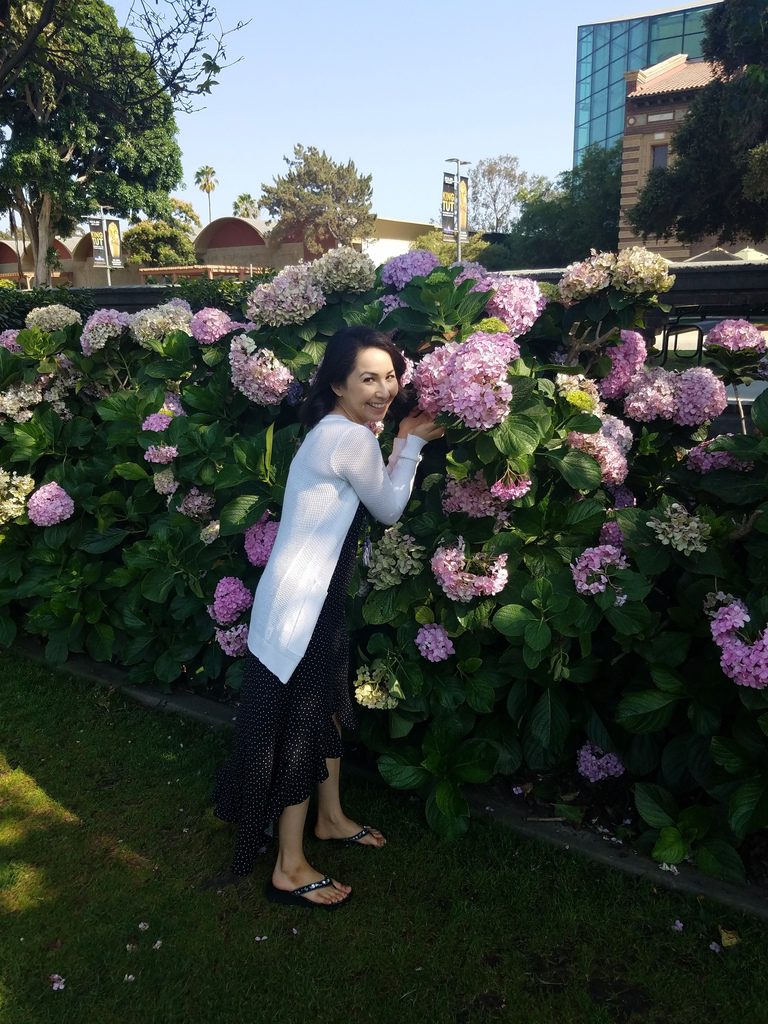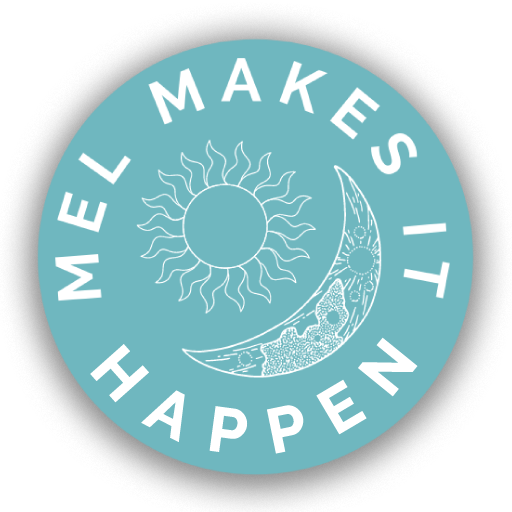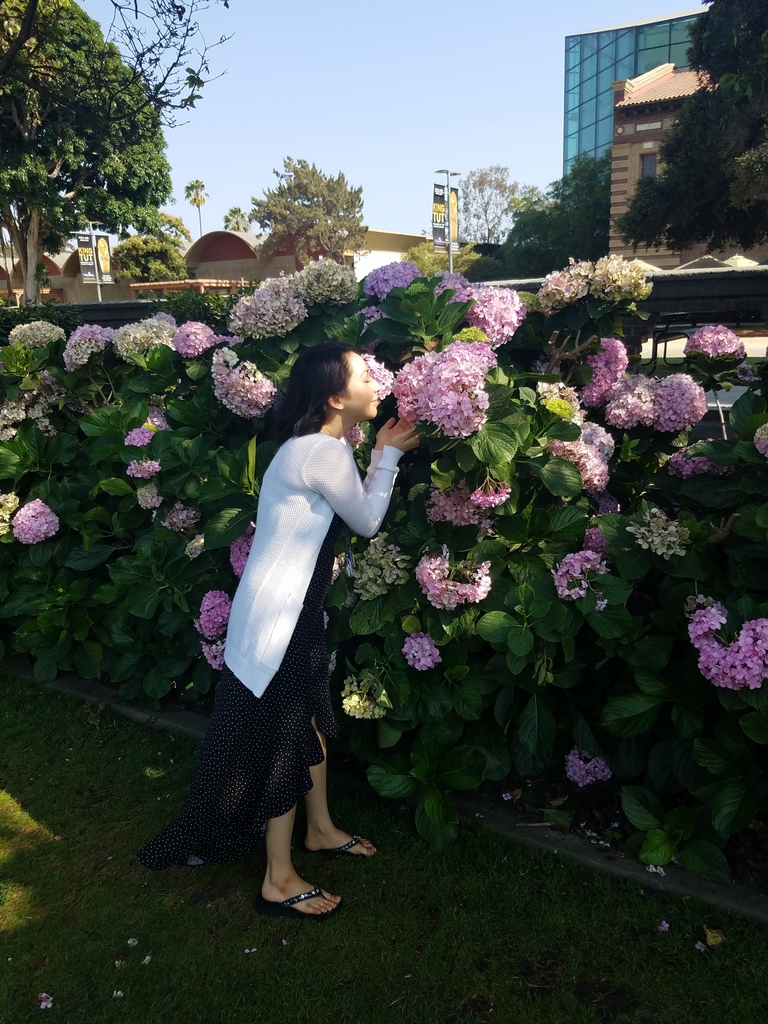Recently, I read the acclaimed Eckhart Tolle’s book, The Power of Now. In a previous Friday Five post, I mentioned a possible review of the book; though, I think I’ll do the book more justice by sharing my takeaways. I gravitated towards the title and idea of discovering how to really begin living in the now.
There are little acts of mindfulness that I already try to incorporate on a daily basis, but that was merely a starting place. A state of peace and contentment that comes from truly being present requires a little more effort and practice. For as long as I can remember, I’ve always been a “five minutes from now” kind of person. I think about what is coming next instead of focusing on what I’m doing right now. Just as much, I look to the past and dwell on times of the past. These are habits I thought anyone can fall into but, I’ve learned, they aren’t necessary.
Bringing Future and Past Thoughts into the Now
Let me explain. Respectfully, a certain degree of planning can be helpful but it needs to have an end point. I frequently have a thought-whirlpool of plans, wants, desires, and memories pop into my head first thing in the morning. Does this sound familiar? The overwhelming nature of the thoughts impedes the calm and restful state I awake from. Other times, events and tasks stack up quickly and unexpectedly. The rush of it all sends my cortisol levels through the roof; I seek to tackle the tasks but almost become crippled by the sheer thought of it all. If I can move, I force myself into a rushed panic to get things done. Keywords: stressful and unhelpful.
The Future Can Wait
What is the alternative to being burdened by all of those thoughts? Well, I’m certainly still working on this but I ask myself if a thought is important right now. Few times are things so imminent as to require our immediate attention. For any thought I might want to remember, I jot it down on a notepad or type it out on my phone and set it aside. The note (mine is usually a list) allows me to relinquish the thought for the moment and come back to it later. This way, I can focus on what I am currently doing.
The Past is in the Past
Earlier I mentioned how memories can also pop into my head and contribute to the thought-whirlpool. In recent time, the thoughts of my past have probably eaten away at me most of all. Our emotions have a way of connecting to thoughts—memories most of all. That is what makes them all the more intense. Memories that we deem “good”, keep us in a state of wishfullness. If we continue to label thoughts of the past as “better times” then we will apply that outlook to the present moment and CERTAINLY be unsatisfied.
On the other hand, we may also ruminate on thoughts of the past tied up in guilt, pain, or sadness. Again, these are all emotional ways of viewing the memories. Admittedly, I always say: feelings are valid. I fully believe in acknowledging them. Though, it needs to be recognized when feelings are not serving any benefit.
Letting Go of What We Know
In The Power of Now, Tolle conveyed the very interesting point that WE are the ones who hold onto our “painful” memories. We create pain for ourselves by circulating the memories over and over again in our head. A certain amount of this may be needed to come to terms with an event but, just as emotions get tied up with memories, we can easily learn to associate with pain. Tolle calls it a “pain-body”, a sort of second skin that we let envelop us.
Personally, the concept of a pain-body really resonated and made me realize I had been using my pain as a clutch. Instead of working on me, I’d let myself sink into the familiar sadness of thoughts, songs, and patterns that perpetuated my pain. You can read more about what this specifically entailed in this post.
The point I’m trying to make here is: the associations we apply to our thoughts encourage us to remain in a state of distress. The thoughts stay at the top of our mind and don’t allow us to successfully engage in any other task or activity with peace. It is up to us to stop the thought-whirlpool and concentrate on living in the now.
Why Is Living in the Now So Important?
The question has certainly crossed my mind. Though, I realize when I am preoccupied with what is coming (or what I think might be coming), I am not only detracting attention from my current task but creating significant emotional distress. I can’t peacefully sit by myself or with company, I can’t enjoy the meal I’m eating or the movie I’m watching, or anything if I keep thinking of nonexistent moments. The reason they are nonexistent is because they are not the now.
A little known fact about living in the now is that there is no stress or unhappiness. The future and past do not exist here so there is no need to carry thoughts of either into the now. The present moment offers peace.
More appropriately, the present moment, when you really tune in, just is.

The perspective I offer in this post has largely come from an immense amount of self-exploration and the influential teachings of Eckhart Tolle. If anything I’ve mentioned piques your interest even a bit, I highly recommend checking out his book, The Power of Now.
You guys are magical! Thank you for being here! I’d love to hear what ways you try to implement mindfulness to better enjoy living in the now.

